Unraveling why the INFJ attract narcissists. Below are some of the shocking reasons behind why the kindest hearts fall for the coldest souls.
Anyone can fall prey to toxic people such as a malignant narcissist or sociopath, someone who has very little empathy combined with an excessive sense of entitlement, a false sense of superiority, and a tendency to be interpersonally exploitative for their own gain.
The dynamic between empaths and narcissists has been explored in numerous articles, but what about INFJ and narcissists?
It may seem quite bizarre that one of the most “authentic” personality types could end up with someone who tends to be very inauthentic and superficially charming, but there are reasons why they may (initially) gravitate towards each other.
INFJ and Narcissists: Let’s talk more about how the traits of an INFJ empath interact with the traits of a narcissist – and how, like any other personality type, we can be both vulnerable to narcissists as well as empowered by what we’ve learned from our experiences with them.
Why INFJ Attract Narcissists In Romantic Relationships?
1. As natural perfectionists, INFJs often seek the “ultimate relationship.”
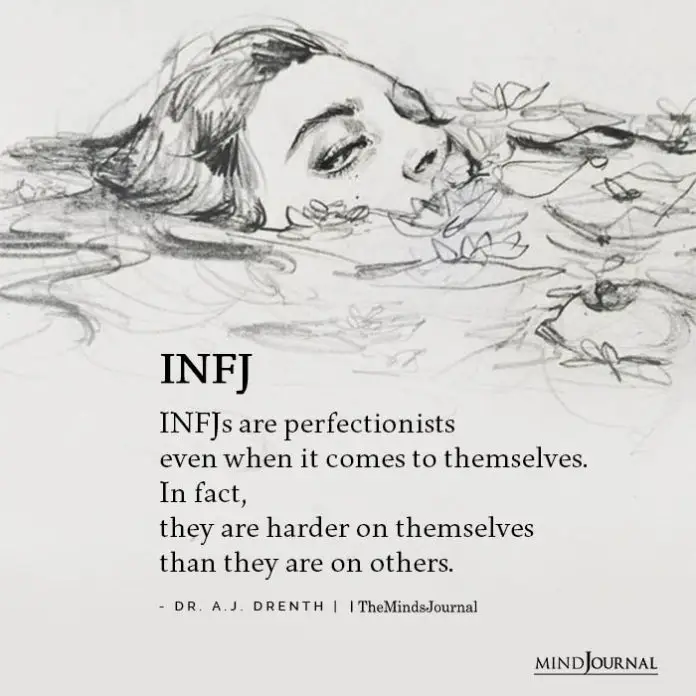
INFJs are idealists; they place a high value on the few people they invite into their more closeted inner worlds. When INFJs seek the ultimate relationship, their heart is in the right place – they only want what they know deep down they deserve – a person who respects and honors them as they are.
To an INFJ, the toxic narcissist’s love-bombing (a period of excessive idealization and “grooming” that a narcissist subjects a victim to) may initially represent the ultimate high of a perfect relationship – of the affection, adoration, and attention they may not have received from the external world.
As lovers of communication, INFJs may initially mistake a narcissist’s abilities as a cunning wordsmith as their ability to express their deep desire for the INFJ.
Once an INFJ has learned all the tricks and tools of such charlatans, they are able to differentiate between authentic interest and an inauthentic agenda, but like any other personality type, they can be susceptible to the toxic person’s “false mask” of seeming vulnerability and innocent admiration.
Related: Are you an INFJ? 14 Signs Of A Genuine INFJ Personality
There are many ways to evolve from this as an INFJ. One of them might mean still holding true to yourself and your expectations for a good relationship, without expecting that everyone who initially seems to be the ideal may, in fact, be the ideal.
In many cases, compassionate love builds slowly, like a friendship, and the sudden spark of chemistry and fast-forwarding does not necessarily represent the authenticity of a long-term romance.
As an INFJ, one of our biggest challenges is learning to honor ourselves and our instincts above the appearance of the ideal, in order to achieve the real thing.
2. INFJs tend to be healers and natural counselors
Due to their high degree of empathy, INFJs tend to be healers and natural counselors – which means they may have a tendency to want to “fix” others.
The compassion and empathy of an INFJ empath is an enormous strength for this sensitive personality type.
Yet sometimes INFJs can run the risk of going beyond just helping someone and serving as a catalyst for their growth and into wanting to “fix” an unhealed, toxic person who doesn’t take accountability for their own healing.
If you are an INFJ who has been raised by narcissistic parents or who have had toxic partners, please know that it is not your fault for being abused, whether it was in childhood or adulthood.
Your sensitivity and empathy may have been exploited and taken advantage of by a toxic person but that doesn’t mean that these are not some of your greatest gifts in this world.
It simply means that we can use our empathy in a more discerning way, towards the people who won’t use it for their own agenda.
Related: 7 Struggles of an INFJ Personality Type
Know that there are genuine people out there who won’t take advantage of your empathy and will be grateful for your support. You don’t have to break your own boundaries to meet the excessive needs and expectations of toxic people.
3. INFJs try to avoid conflict and are highly sensitive to criticism.
Since INFJs tend to skirt conflict whenever possible, walking on eggshells can become even more amplified in the dynamic with a toxic partner.
Any survivor of abuse can get caught up in doing this because of the effects of trauma, but INFJs may be even more prone to rationalizing, denying, minimizing the behavior of their abusers in order to “keep the peace.”
Good news though: the fiery spirit inside an INFJ can thankfully counteract this people-pleasing habit: they are also so driven to end the injustice that they can also go to the other extreme of cutting any person who exhibits toxic behavior out of their lives without a second thought.
INFJs can use their stubbornness to their advantage when cutting ties with toxic people if they are willing to confront and tackle conflict head-on in order to get the healthy lives they truly deserve.
Related: 8 Paradoxes of Being An INFJ Personality Type
An INFJ’s sensitivity can also be used against them in order to gaslight them into thinking that any abuse or mistreatment that is occurring is “all in their heads,” when in fact their sensitivity is alerting them to potential danger.
Abusive partners, family members, or friends can be highly critical while also accusing the victimized party that they are simply “too sensitive.”
It is true that an INFJ can be a highly sensitive person, but they can also possess a beautiful sense of humor as well and are able to think very critically about themselves.
INFJs are not resistant to self-improvement – in fact, their constant evolution is a part of their need for ongoing growth and devotion to maintaining their integrity.
So, if an INFJ truly was overreacting to something, you can bet that they would eventually realize that and apologize for it.
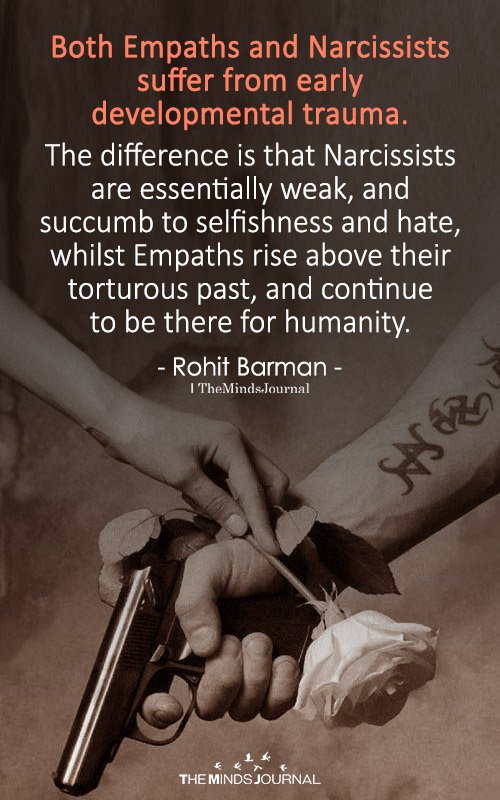
The problem is, when you apologize to a toxic person who hurts you continually regardless of any long-winded discussions about their behavior, you ignore the inner voice that is telling you that this person is not as interested in evolving as you are.
You begin to realize that you are not the sensitive one – they, in fact, are the insensitive ones (and we all know that toxic people can have very sensitive egos and can rage when they don’t get what they want).
Related: 11 Ways Narcissists Use Shame to Control Others
It’s important to remember that it is not an INFJ’s sense of humor, sensitivity, or willingness to call out mistreatment when they see it that is the problem when it comes to the dynamic between an INFJ and a toxic person.
Rather, their sensitivity allows them to “feel” on a deep intuitive level when they are encountering someone who is toxic, or even a malignant narcissist, sociopath, or psychopath.
An INFJ’s sensitivity can act as an intuitive radar for when toxicity is present – so while it’s always advisable to be able to take a step back and mindfully note our reactions to people as INFJs.
Remember that as an INFJ you also have a deep connection to your intuition and may even be more likely than other personality types in picking up these vibes early on.
So, what is the relationship between INFJ and Narcissists? what does this all mean? It means that as an INFJ, you can trust your inner voice, for it can be your greatest friend and source of salvation from dangerous situations. As a healer, you don’t need to be a constant fixer in order to change the world.
As a sensitive being, you don’t need to dismiss your sensitivity as paranoia when it is, in fact, one of your greatest intuitive tools. And as an empath, you can still be compassionate towards others from a distance.
You don’t have to tolerate toxicity, mistreatment, or abuse by anyone simply to keep the peace, because the most loving, empathic thing you can do for others and the world is to hold them accountable for healing themselves… and by doing so, you can also continue to heal your life and the world.
For more self-care tips, be sure to visit my blog, Self-Care Haven.
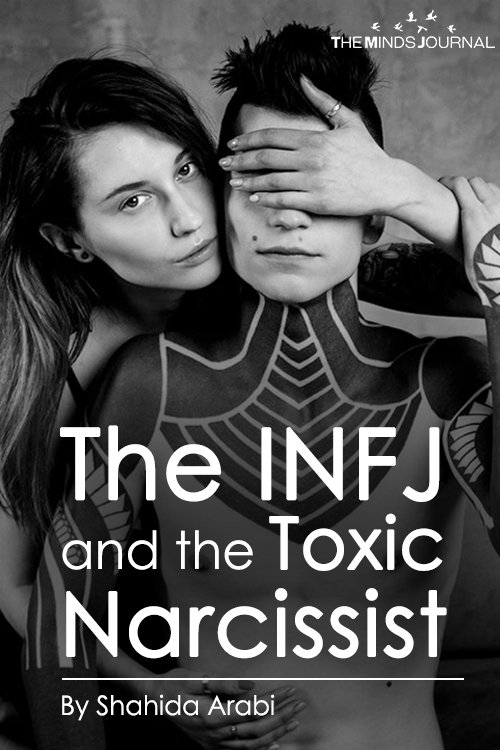
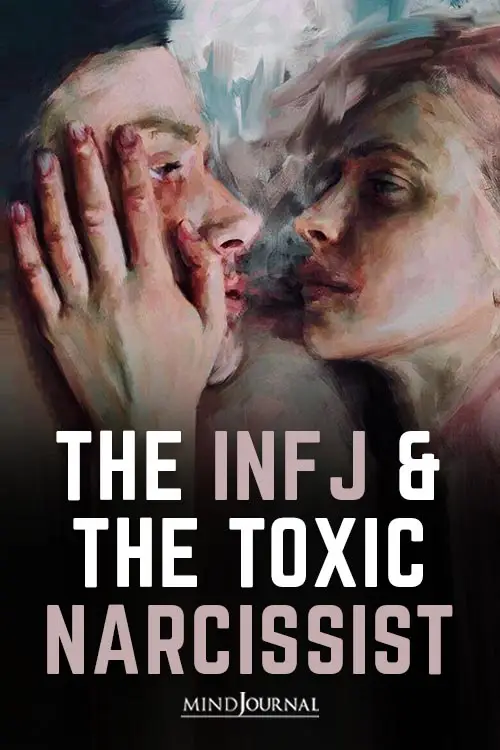
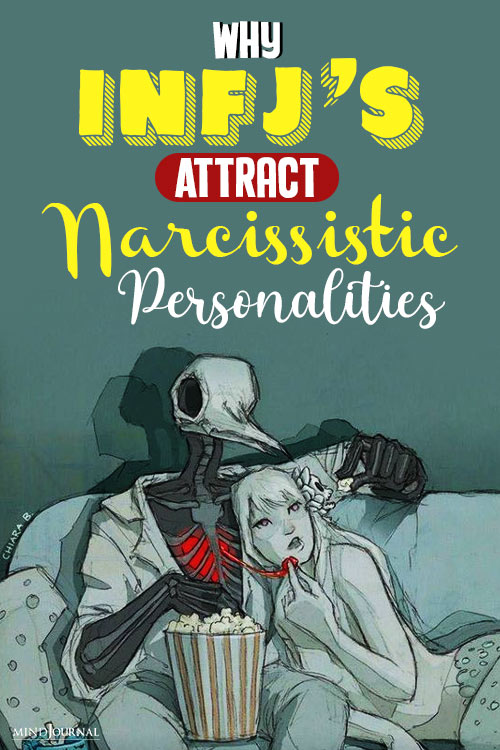
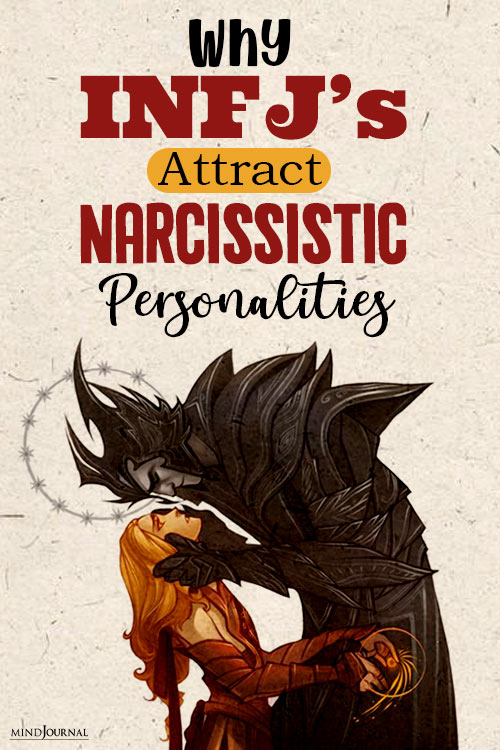
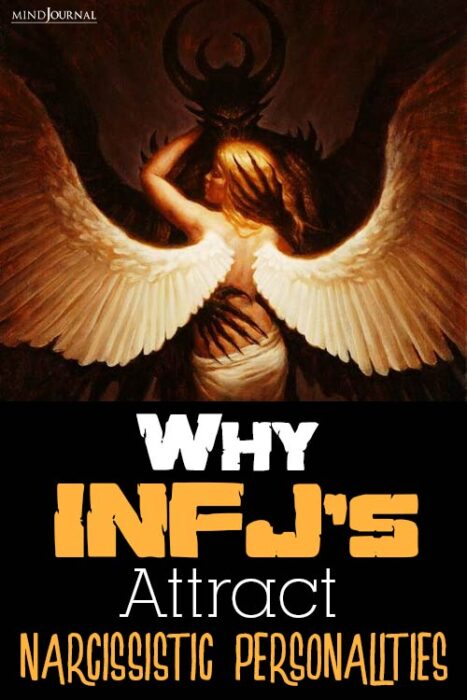
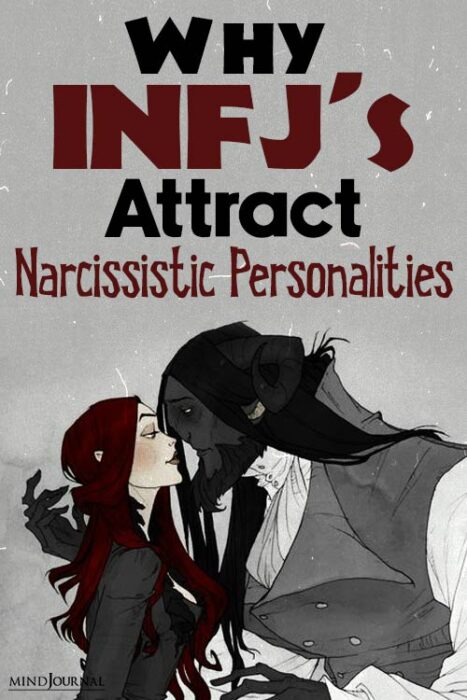
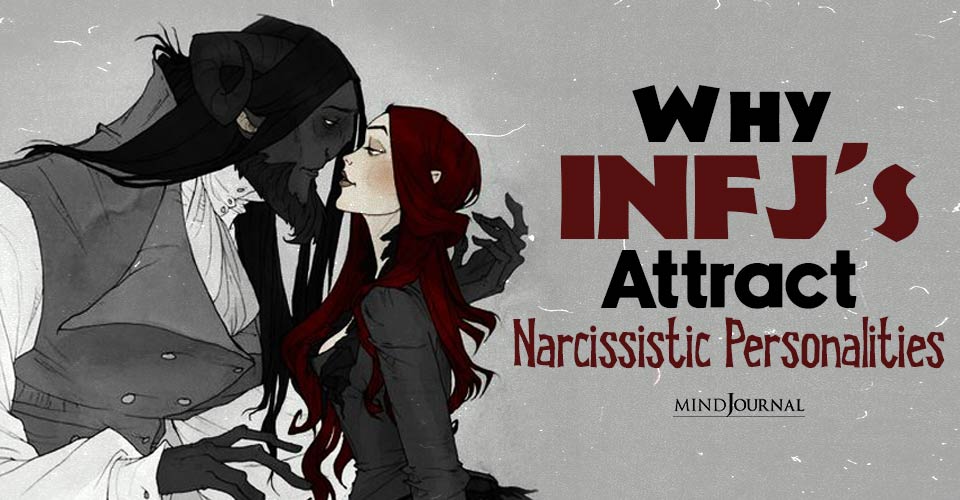






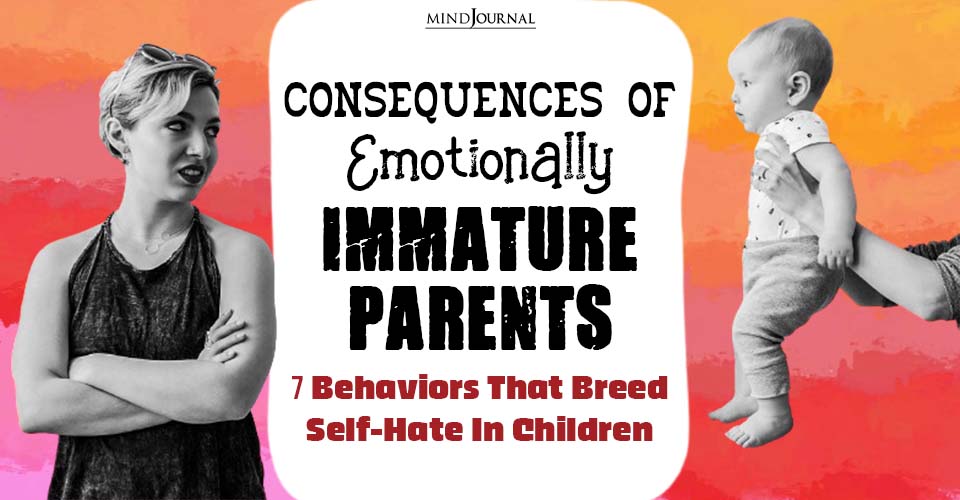
Leave a Reply
You must be logged in to post a comment.